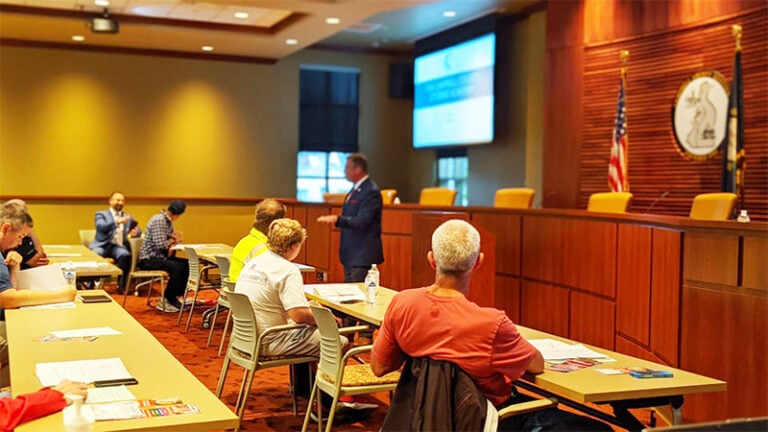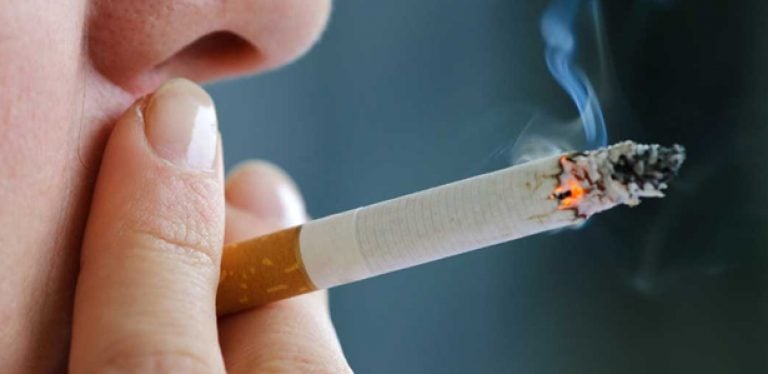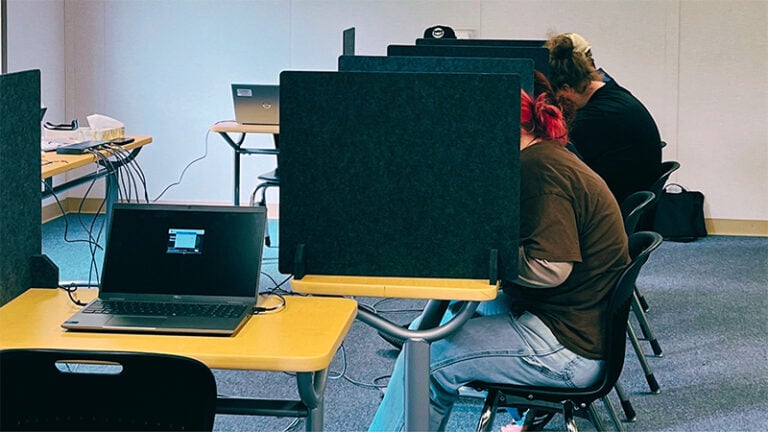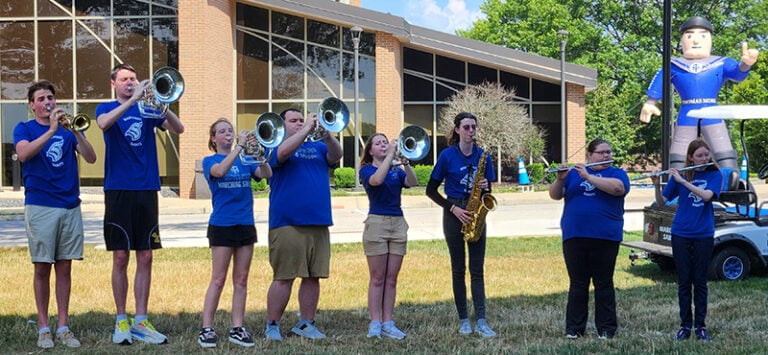Like so many others, Terrie Hall started smoking in high school. The former cheerleader saw her friends and family smoking, and decided to start as well. “I thought it was the cool thing to do,” she said. Soon, she was smoking two packs a day.

Over the years, that took its toll. At the age of 40, Terrie was diagnosed with oral and throat cancer. She had to have part of her jaw and larynx removed, and an artificial voice box inserted into her throat. Despite the disfiguration, Terrie didn’t hide her scars. In fact, she gladly shared her story as part of the Tips from a Former Smoker campaign by the Centers for Disease Control—and with anyone else who would listen. She didn’t want others to suffer the same consequences as she did. Sadly, Terrie died from smoking-related cancer at the age of 53.
Stories like Terrie’s are all too common, where unfortunate lifestyle choices lead to cancer and, often, death. Cancer is the second leading cause of death in the world, with 600,000 death from cancer reported each year in the United States alone. Roughly 2 million people are diagnosed with some type of cancer each year, with 350,000 people diagnosed with breast cancer, 14,000 with cervical cancer, and more than 600,00 people, like Terrie, with cancer brought on by smoking.
While genetics play a part in someone getting cancer, there are things that can be done to decrease a person’s chances of getting cancer. In fact, the Harvard School of Public Health estimates that 75 percent of American cancer deaths could actually be prevented. February is Cancer Prevention Month, which makes it a very important time of the year to raise awareness of cancer and the different ways to help lower the chances of getting it. The Harvard School of Public Health even put together a 10 Commandments of Cancer Prevention to help the effort.

On its list of 10 Commandments: Avoid tobacco, eat properly, exercise regularly, stay lean, limit alcohol, avoid radiation, avoid infections brought on by risky behaviors, get good sleep, and get enough vitamin D. Many of these Commandments are provided services offered through the Northern Kentucky Health Department, including:
• Quit smoking. NKY Health offers a range of ways to help people stop smoking, including free nicotine patches. There are even confidential programs for teens. Learn more at nkyhealth.org/tobacco-use-e-cigarettes-smoking
• Radon testing. Avoiding as much unnecessary exposure to radiation, including radon, an odorless, tasteless, toxic gas that seeps up from the ground and into homes. If exposed to radon, people have a high chance of getting lung cancer. Learn more and get a free radon test kit at nkyhealth.org/radon-2.
• Maintain a healthy weight. Obesity can increase the risk of many forms of cancer, while maintaining a healthy weight can improve many different health risks. NKY Health offers free OFF support group sessions monthly led by a registered dietitian that supports making long-term lifestyle changes. Learn more at nkyhealth.org/off-weight-management-support-sessions.
• Avoid risky behaviors. Having autoimmune diseases or infections brought on by sharing needles or risky sexually behaviors contribute to increasing the risk of cancer. NKY Health offers ways to help prevent them. Learn more at nkyhealth.org/sexually-transmitted-infections and nkyhealth.org/addiction-response.
• Exercise. Physical activity can help reduce the risk of different cancers, while at the same time sets up a healthy lifestyle. Win-win. Learn how NKY Health and LiveWell NKY help get people on the right (exercise) path at nkyhealth.org/livewell-nky.
Early detection is also key for those who have contracted cancer. The NKY Health Department offers free breast and cervical cancer screenings to women between the ages of 40-74 who are uninsured and are with 250 percent of the federal poverty guidelines. Learn more at nkyhealth.org/womenshealth.
Northern Kentucky Health Department

















